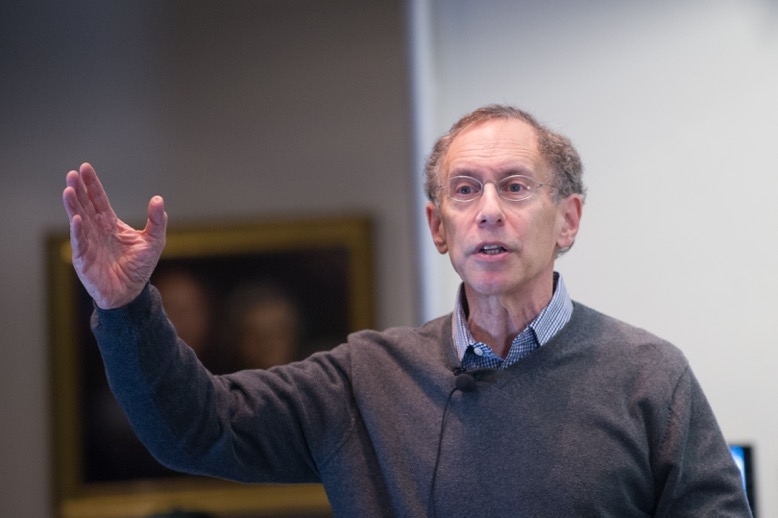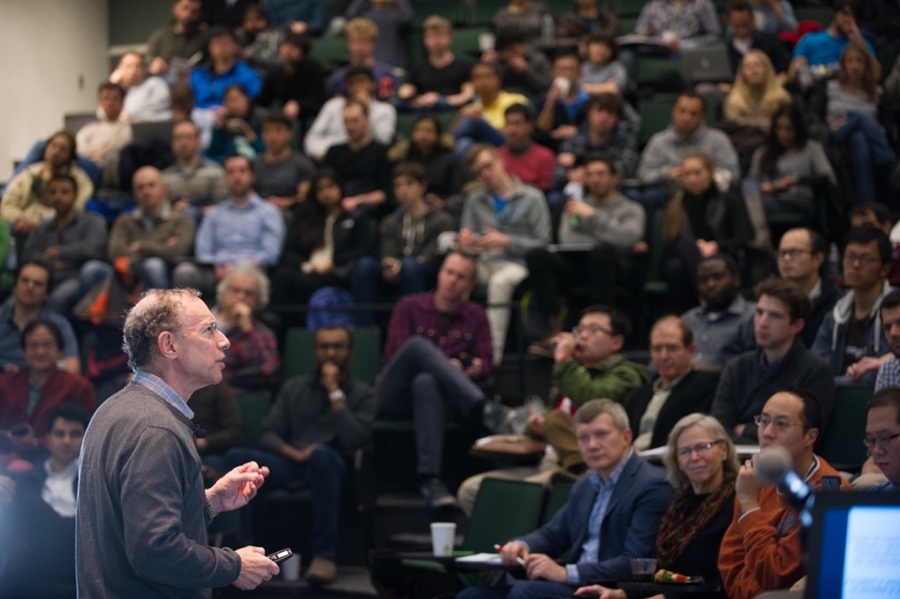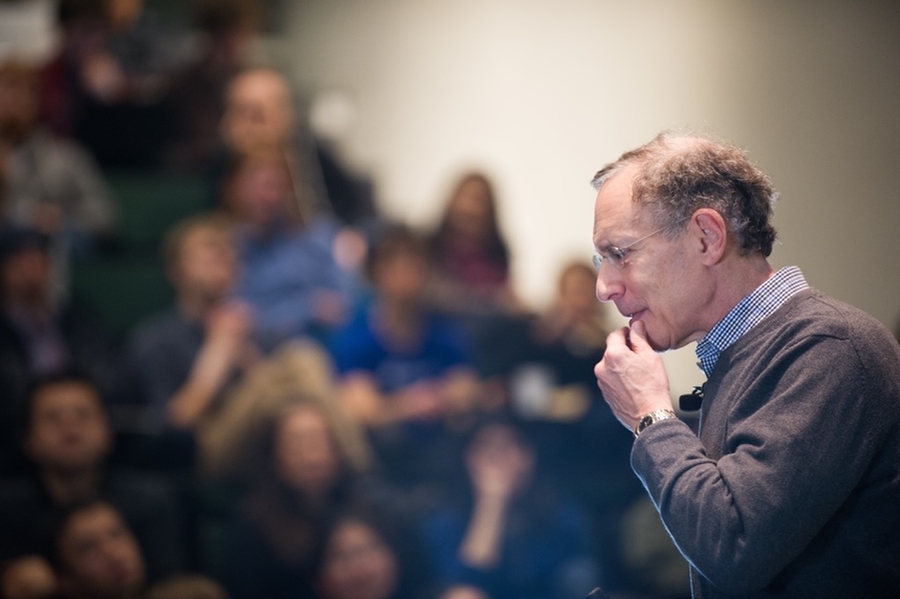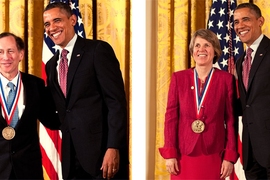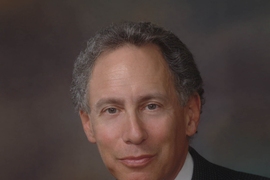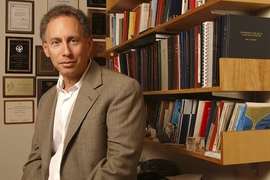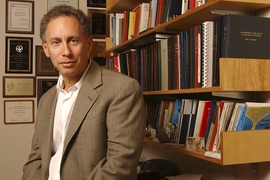Robert Langer, the David H. Koch Institute Professor at MIT, has been named the winner of this year's Queen Elizabeth Prize for Engineering for his revolutionary advances and leadership in engineering at the interface of chemistry and medicine. The award credits Langer with improving more than 2 billion lives worldwide through the disease treatments created in his lab. Langer will receive the prize from Queen Elizabeth II in a ceremony later this year.
"Bold, down to earth, and incredibly creative, Bob Langer represents the very best of MIT: a daring inventor, a brilliant entrepreneur, and an admired and beloved educator," MIT President L. Rafael Reif says. "His creativity has changed the world not only through his own innovations but through the hundreds of exceptional engineers who have begun their careers in his lab. If engineering is the art of transforming knowledge into progress, then the Queen Elizabeth Prize for Engineering could go to no one who deserves it more than Bob."
Langer, who holds appointments in MIT's departments of chemical engineering and biological engineering, and at the Institute for Medical Engineering and Science and the Koch Institute for Integrative Cancer Research, is cited as “the first person to engineer polymers to control the delivery of large molecular weight drugs for the treatment of diseases such as cancer and mental illness.”
The Queen Elizabeth Prize for Engineering is a global £1 million prize that celebrates engineers whose innovations have been of global benefit to humanity. The objective of the prize is to raise the public profile of engineering and to inspire young people to become engineers.
“The number one thing we look at is, ‘Can we relieve suffering?’” Langer said in an interview with the BBC earlier today. “That’s the thing that drives me, and drives many who do this work — to relieve suffering and improve life."
"A prize like this is intended to celebrate engineering,” Langer added. “Hopefully young people will read about it and think it’s a great career. In the end, a culture gets what it celebrates.”
Langer received his bachelor's degree in chemical engineering from Cornell University, and earned his ScD in chemical engineering from MIT. He has written more than 1,175 research papers — which have made him the world's most cited engineering researcher — and holds approximately 800 issued and pending patents worldwide, which have been licensed or sublicensed to hundreds of pharmaceutical, chemical, biotechnology, and medical device companies.
In 1989, Langer was elected to the Institute of Medicine of the National Academy of Sciences, and in 1992 he was elected to both the National Academy of Engineering and the National Academy of Sciences. He served as a member of the Food and Drug Administration’s Science Board from 1995 to 2002, and as the board's chairman from 1999 to 2002. He has received more than 200 awards, including the National Medal of Science in 2006, the Millennium Prize in 2008, the Priestley Medal in 2012, the National Medal of Technology and Innovation in 2012, the Charles Stark Draper Prize, and the Gairdner Foundation International Award.
In the popular media, both BioWorld and Forbes have named Langer as one of the world's 25 most important individuals in biotechnology, in 1990 and 1999, respectively. In 2001, both Time and CNN named Langer as among the 100 most important people in America, and as one of the top Americans in science or medicine. In 2002, Discover named him as one of the 20 most important people in biotechnology, and Forbes selected him as one of the 15 innovators worldwide who will reinvent our future.
